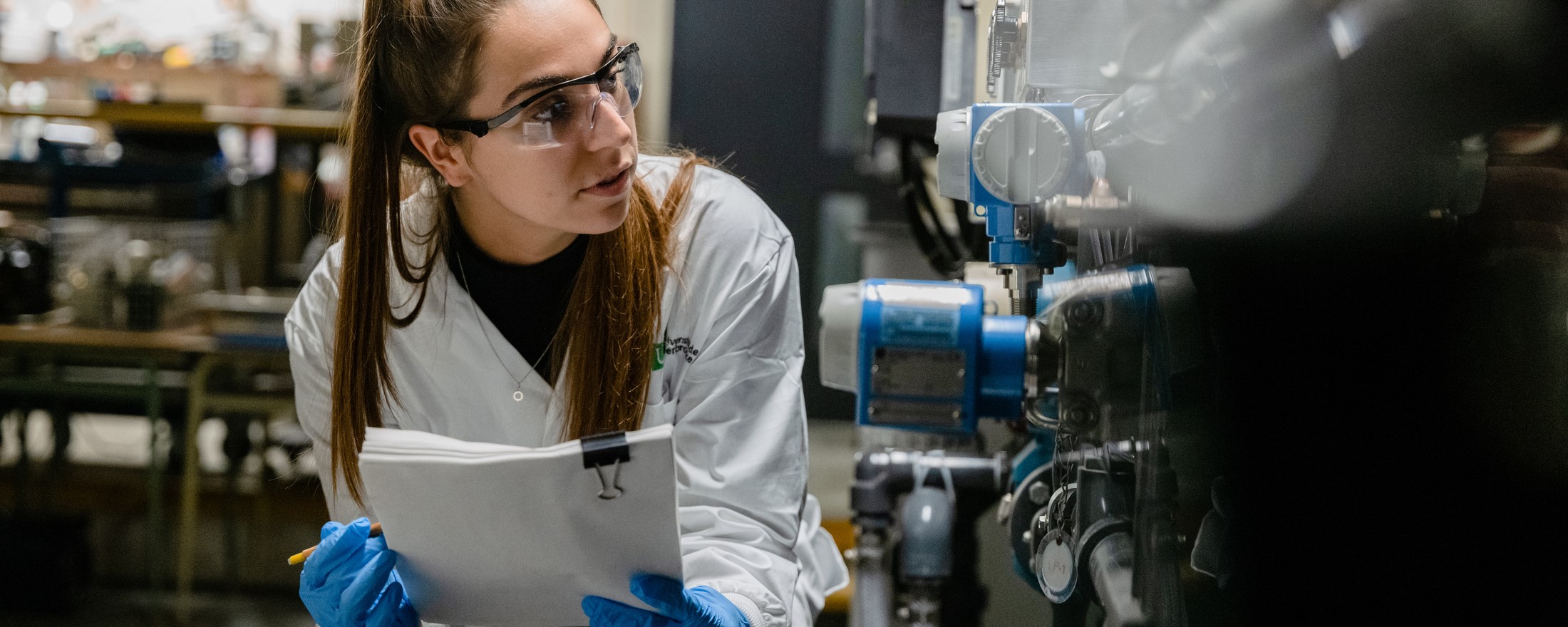Analog quantum computing with neutral atoms for combinatorial optimization
Overview
- RESEARCH DIRECTION
- Yves Bérubé-Lauzière, Professeur - Department of Electrical and Computer Engineering
- ADMINISTRATIVE UNIT(S)
-
Faculté de génie
Département de génie électrique et de génie informatique
- LEVEL(S)
- 3e cycle
- LOCATION(S)
-
Institut Quantique Sherbrooke
Campus de Sherbrooke
Project Description
Context Professor Yves Bérubé-Lauzière’s team has recently received funding of over $550k for 4 years for the Quantum Quick Route (QQR) project and is looking to complete the research team. This project is the result of a partnership between PASQAL, a full-stack quantum computing company, and the University of Sherbrooke. The goal is to develop new approaches and algorithms to solve vehicle routing problems (VRP) using neutral atom quantum computers as developed and manufactured by PASQAL. These problems, where the objective is to optimize the route for each vehicle in a fleet so as to minimize travel costs, are present in many industries (e.g., for deliveries). It is a NP-hard problem where exact approaches take exponential time. The most commonly used solution paths are classical heuristic methods, such as simulated annealing or genetic algorithms. It has been proposed that quantum computers could accelerate the solution of several combinatorial problems such as the VRP, but generic approaches have so far offered no advantage for vehicle routing problems. PASQAL has recently demonstrated significant results in combinatorial optimization using new algorithms where the quantum computer is used to generate partial results that accelerate convergence towards an optimal result. These hybrid approaches take advantage of the ability to rearrange registers of neutral atoms as well as the high fidelity of global control of quantum states to perform analog quantum algorithms. The project The goal of the QQR project is to develop new hybrid algorithms compatible with the quantum computing platform of the industrial partner PASQAL that are able to solve various routing problems, such as the traveling salesman problem or the vehicle routing problem. The so-called “analog” quantum computing mode will be the basis for the algorithms to be developed. In addition to participating in the development of algorithms and a Python library for the QQR project, the selected candidate for this doctoral project will have to develop new analog approaches, based on, among other things, Bayesian optimization, optimal control, or machine learning, to optimize the performance of PASQAL’s quantum computer in solving the many sub-problems arising from the hybrid algorithm. Partner PASQAL is a world leader in the manufacturing of quantum processing units based on networks of trapped neutral atoms. Based in Paris, France, PASQAL is also deeply embedded in the Quantum Innovation Zone of Sherbrooke, with its factory set in the Espace Quantique 1 building. Environment The candidate will have access to parallel and sequential supercomputers available at the University of Sherbrooke (http://ccs.usherbrooke.ca/). A PC and the necessary software tools for the work will also be provided. The candidate will be part of a research group that currently includes a research coordinator; a postdoctoral researcher is currently being recruited. In addition, we are part of the dynamic research environment of the Institut Quantique, a research institute that includes more than 30 research groups from the Faculty of Science, the Faculty of Engineering, the Faculty of Letters and Human Sciences, and the School of Management, 25 technical and professional staff members, and more than 200 student and postdoctoral trainees. Qualifications The project involves multiple concepts of quantum computing (analog algorithms, neutral atoms, hybrid quantum/classical optimization techniques), numerical and applied mathematics (numerical methods, combinatorial optimization, and operations research), and Python programming. The candidate must have a master’s degree (in physics, engineering, mathematics, or computer science) related to the project, be comfortable with these concepts and have a keen interest in them. They must also have a strong academic record. Financial aid The selected candidate will be awarded competitive funding from Mr. Bérubé-Lauzière’s funds for a maximum duration of 36 months. Application Interested individuals must provide the following: 1) A cover letter; 2) A CV including (i) a list of publications and (ii) the names and contact details of two references. Please send an email to yves.berube-lauziere@usherbrooke.ca with the subject “Candidature - QQR”.
Discipline(s) by sector
Sciences naturelles et génie
Génie électrique et génie électronique
Funding offered
Yes
Partner(s)
Pasqal
The last update was on 17 May 2024. The University reserves the right to modify its projects without notice.
